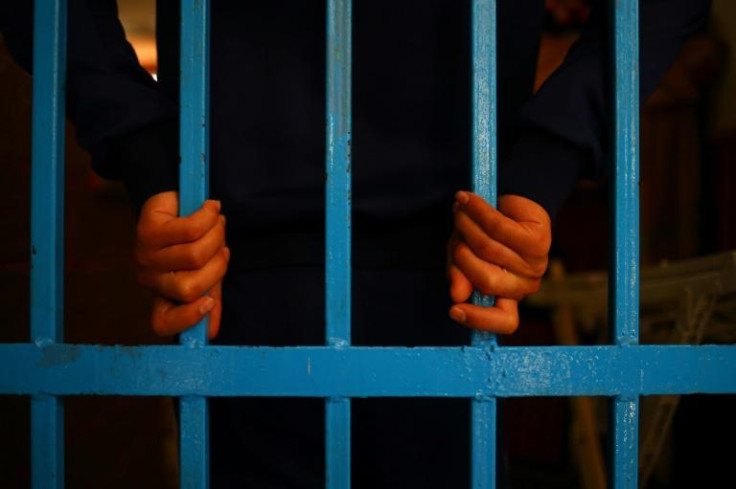
A Malaysian court has sentenced a British investigative journalist to two years in prison for criminally defaming the country's former Queen, Nur Zahirah, in her book.
Clare Rewcastle Brown has been given the sentence in absentia for her book "The Sarawak Report – The Inside Story of the 1MDB Expose".
According to local media reports, the book contains accusations against the Sultanah of Terengganu. It reportedly alleges that the queen helped fugitive businessman Low Taek Jho become a TIA adviser, later renamed 1MDB.
Malaysian financier Low, aka Jho Low, is wanted in multiple countries over his role in the 1MDB scandal.
The multibillion-dollar financial scandal at 1MDB led to the ouster of former prime minister Najib Razak. According to prosecutors, some $4.5 billion was stolen from 1MDB, co-founded by Najib as premier in 2009, in a scandal that implicated officials and financial institutions worldwide.
Brown has alleged that she is being targeted because of her reports that exposed the 1MDB scandal.
"I think there are a lot of very powerful and wealthy people in Malaysia who are revengeful that I identified the corruption of their former prime minister [Najib Razak], who remains popular and powerful and wealthy," she told the BBC.
"And I think that it's no coincidence that just two or three days after [he] failed to get a pardon from the [Malaysian] King that would have let him out of jail after a fraction of his sentence, that this sentence was then passed against me," she added.
She further claimed that she was not even given a chance to defend herself and that she would be appealing the sentence. Brown runs a Sarawak news outlet focused on exposing political and financial corruption in Malaysia. Sarawak Report is a blog, while Radio Free Sarawak broadcasts on the south-east Asian airwaves.
"The punitive verdict in the criminal defamation case against Clare Rewcastle-Brown is a blatant attempt by the Malaysian authorities to quash critical reportage and crucial investigative journalism. Journalists must be permitted to report without repercussions on matters in the publish interest, and this ruling signifies a severe threat to press freedom," read the statement by the IFJ.
Rewcastle-Brown became the focus of smear campaigns, arrest warrants, and email hacking by the Malaysian authorities after her relentless campaign of exposés of the 1MDB scandal.
Former Prime Minister Najib Razak, PetroSaudi, Abu Dhabi, billionaire Malaysian financier Jho Low, Goldman Sachs, and British private bank Coutts were among the biggest names that were exposed in the case.
1MDB was a Malaysian public development fund. To load the fund with capital, bonds – i.e., debt, were issued to investors.
That money was then to be used for infrastructure projects and anything else that might improve the Malaysian economy. But that money found its way to Najib's personal bank account. Billions of dollars were allegedly embezzled from the fund, leading to an international investigation across ten countries. The allegations were so serious that financial regulators in Britain, the US, and Switzerland were forced to open their own investigations into the matter.
Just five days ago, the Malaysian government claimed that it had recovered property and other assets from 1MDB. The recovery is worth more than 23.9 million ringgits ($5m), according to the Malaysian Anti-Corruption Commission (MACC).
The recovery was done by a former 1MDB employee and was voluntary surrendered by five people, including Amhari Effendi, a former special officer to Najib.
It needs to be noted that former Goldman Sachs banker Roger Ng and former PM Najib were jailed after a trial for their roles in the scandal. Najib was jailed in August 2022 and became the first Malaysian prime minister ever to be put behind bars. Meanwhile Ng was jailed for 10 years in the United States.
Malaysia's pardons board has halved Najib's 12-year sentence, according to a report in Al Jazeera. In 2022, Najib's wife, Rosmah Mansor, was sentenced to 10 years in jail with a fine of 970 million ringgit on charges of corruption in connection with a different project. She had sought a 187.5 million-ringgit ($41.8 million) bribe from a company to help it secure a solar power project for rural schools in Borneo.
Meanwhile, the International Federation of Journalists (IFJ) has called on the Malaysian authorities to immediately reverse the action.







